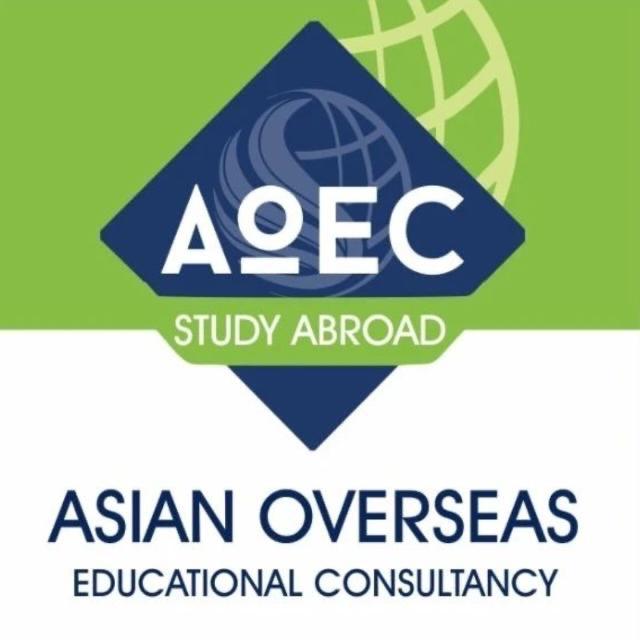Planning to study abroad and embark on an exciting global adventure? We’re here to help you budget your finances effectively, ensuring you have a clear understanding of your expenses. Our comprehensive guide covers all essential aspects, including accommodation, food, health coverage, communication, and travel. Let’s dive into the details:
Tuition Fee:
Your primary expense will be the tuition fee, which varies depending on the qualification and institution you choose. Our guide provides an overview of tuition fees in top destinations. Additionally, explore scholarships available for Indian students to reduce your educational expenses.
| Destination | Undergraduate Program (annually) | Postgraduate master’s degree (annually) | Doctoral degree (annually) |
| Canada | CAD 13,000 to CAD 20,000 | CAD 17,000 to CAD 25,000 | CAD 7,000 to CAD 15,000 |
| New Zealand | NZD 20,500 to NZD 25,000 | NZD 19,000 to NZD 29,000 | NZD 6,500 to NZD 9,000 |
| Australia | AUD 15,000 to AUD 33,000 | AUD 20,000 to AUD 42,000 | AUD 20,000 to AUD 42,000 |
| UK | £10,000 to £20,000 | £10,000 to £20,000 | £15,000 to £24,000 |
| US | USD 20,000 to USD 40,000 | USD 20,000 to USD 45,000 | USD 28,000 to USD 55,000 |
| Ireland | €9,850 to €25,500 | €9,500 to €34,500 | €9,500 to €34,500 |
Accommodation Options:
Consider on-campus residence facilities or explore off-campus options, such as sharing apartments with fellow Indian students. Rental costs vary by region, and your Asian Education Overseas Consultant counselor can assist you in finding suitable accommodation in your study destination.
Student Visa Cost:
Each country has its own visa rules and associated costs. Stay informed by consulting with your Asian Education Overseas counselor to understand the latest updates and requirements for obtaining a student visa in your chosen study destination.
Living Expenses:
When living in a new country, it’s important to budget for everyday expenses, including groceries, communication expenses (data and calling), stationery, utilities, social activities, and emergencies. Tracking your expenditures will help you manage your budget effectively. Utilize our cost of living calculator for an approximate estimate of your expenses.

Health Support:
Obtaining medical insurance before starting your program is mandatory for all students traveling abroad. Your Asian Education Overseas Consultant counselor can guide you in selecting the right health insurance plan, ensuring you have access to extensive health and support services in your destination country.
You’ll have to commute
Check if your institution provides shuttle services; otherwise, familiarize yourself with available public transportation options such as regional trains, buses, and subways. Monthly passes for commuting to your institution are often an affordable choice.

Tax Obligations:
If you are allowed to work as an international student (within the limits set by your visa conditions), be aware of your tax obligations when earning income. Consult your counselor for information on working opportunities and ensure compliance with tax regulations.
Consider currency exchange rate variations, which may impact your budgeting. Exploring part-time job opportunities and scholarships can help alleviate the cost of studying abroad.

With this comprehensive financial guide, you can confidently plan your study abroad journey, ensuring a smooth and financially secure experience.
